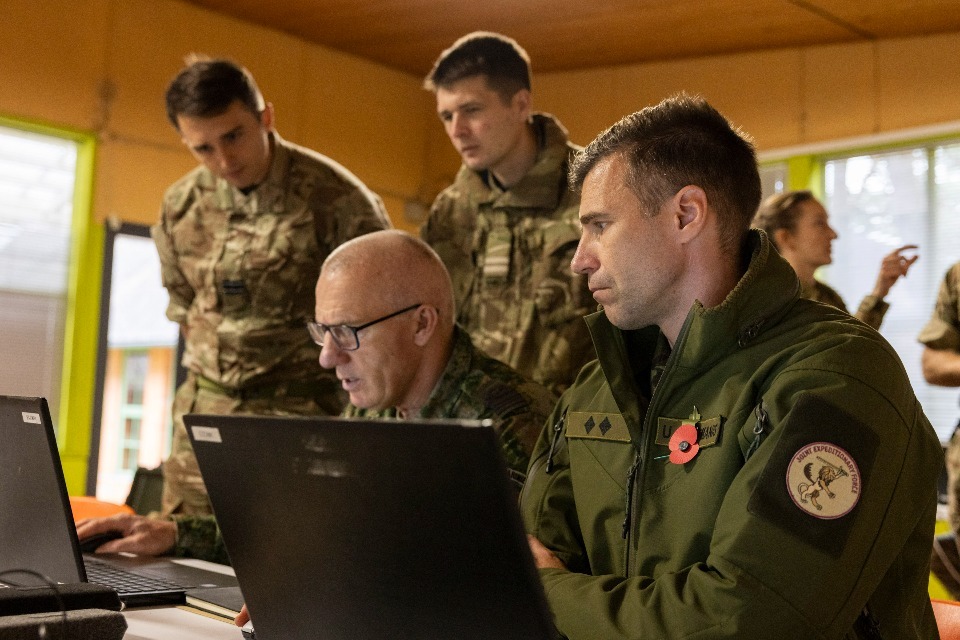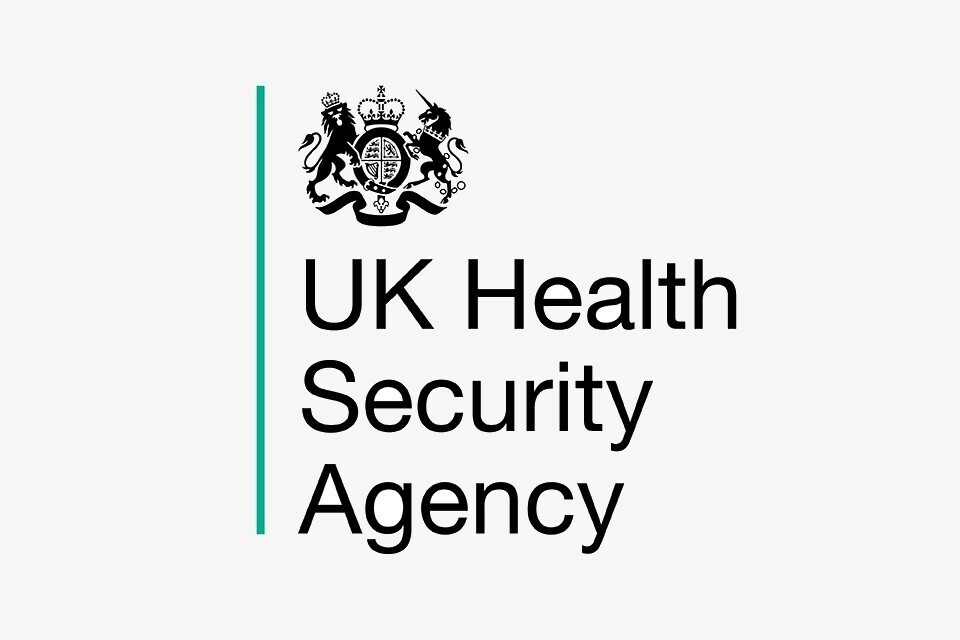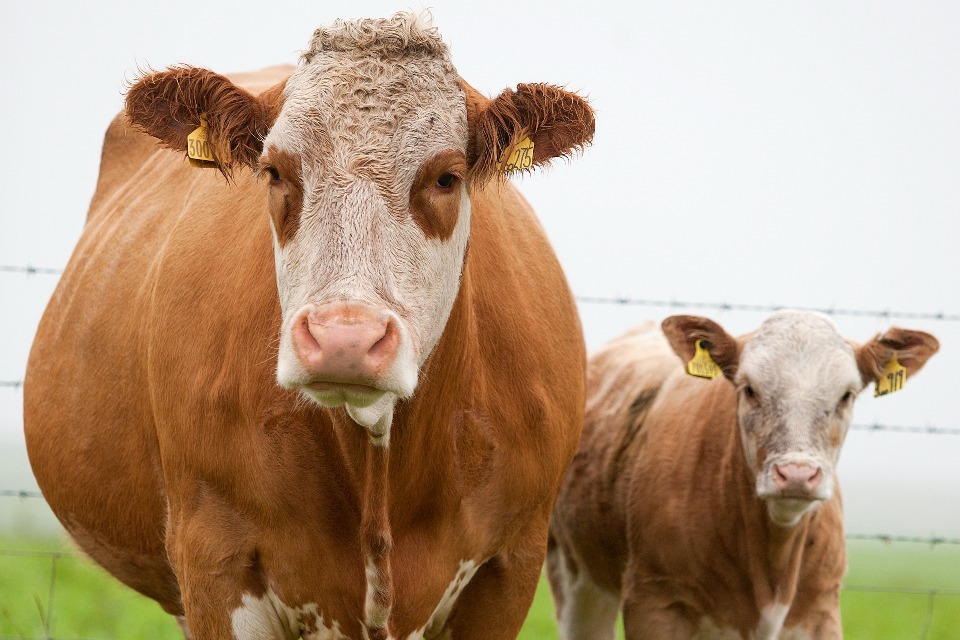- Support to bolster partners’ efforts to tackle mpox in the Democratic Republic of Congo (DRC), Uganda and other affected countries.
- UK Public Health Rapid Support Team sent to the region will also provide technical expertise on mpox to the Africa Centres for Disease Control and Prevention.
- The UK is separately working with Rwanda to deliver its response plan to the Marburg virus outbreak and reduce the virus’ spread.
The UK has announced a package of measures to tackle the outbreak of mpox in central Africa, including up to £9m in support and the deployment of UK-based experts to provide technical expertise in the region.
The financial package, unlocked from the existing Official Development Assistance (ODA) budget, will bolster the national response to mpox in DRC, the epicentre of the outbreak, and across the wider affected region. This includes additional funds to strengthen the UK’s existing partnership with UNICEF in DRC.
Funds will assist partners to strengthen surveillance systems, reinforce health services and work with communities to raise awareness of risks and personal protective measures, in line with the Africa Centres for Disease Control and Prevention and World Health Organisation (WHO)’s Continental Preparedness and Response Plan.
The Minister for Development, Anneliese Dodds said
Across the DRC, dedicated healthcare workers and communities are doing all they can to prevent the spread of mpox. But the reality is they cannot do it alone.
The UK is working in partnership with others to bolster the national and wider regional response. This vital support will help stem the spread of this deadly disease, protecting communities in DRC, the wider Africa region, and at home in the UK.
To support the leadership and coordination of the African continent’s response to mpox, the UK has deployed experts from the UK Public Health Rapid Support Team (UK-PHRST), an innovative partnership between the UK Health Security Agency (UKHSA) and the London School of Hygiene & Tropical Medicine (LSHTM), to DRC to support the Africa Centres for Disease Control and Prevention, who is jointly leading the continental response with the WHO.
These two experts – a field epidemiologist and an Infection Prevention and Control specialist – will use their technical expertise to assist the joint WHO Africa-CDC continental incident management team.
Dr Ed Newman, UK-PHRST Director said
The UK Public Health Rapid Support team ensures that our expertise in tackling infectious disease outbreaks is rapidly available to support countries who are responding to public health emergencies.
Our staff will provide specialist support to colleagues at Africa-CDC and the joint continental incident management team as they work to manage the ongoing mpox epidemic, as well as using this learning to further strengthen UK preparedness.
The UK is also supporting Rwanda to deliver its response plan to the Marburg virus outbreak, including through mobilising £1.9m from existing ODA budgets to provide UK expertise and outbreak response.
UK experts in viral haemorrhagic fevers and researchers leading therapeutic trials have already arrived in Kigali to support the response in coordination with the WHO and Rwandan Ministry of Health.
Through a continued close partnership, the UK and Rwanda are working together to save lives and reduce the Marburg virus’ spread.
Africa CDC Director General, H.E Dr. Jean Kaseya said
Africa is facing significant public health challenges with the mpox and Marburg virus outbreaks. The UK’s vital support—through both financial assistance and technical expertise—comes at a crucial moment.
This partnership will bolster our efforts to contain these outbreaks, enhance disease surveillance, and strengthen healthcare systems in the Democratic Republic of Congo, Rwanda, and beyond.
Together, we are not just responding to immediate threats, but building stronger, more resilient systems to safeguard the health of millions across the continent.
UNICEF DRC Representative, Grant Leaity said
Children affected by mpox in DRC are facing other serious challenges including measles, cholera and other infectious diseases, acute malnutrition, and lack of access to essential services.
The generous UK funds will help in reducing the spread of mpox, providing comprehensive treatment to these vulnerable children and reinforcing the health system over the longer term, especially at community level.
Background
-
The announcement of further support to tackle mpox follows the declaration of mpox as a Public Health Emergency of Continental Security by Africa-CDC and a Public Health Emergency of International Concern by the WHO in August.
-
A recent report from the WHO estimated that there have been more than 30,000 suspected cases of mpox in Africa since the beginning of 2024, resulting in more than 800 deaths.
-
In August, the Minister for Africa, Lord Collins, announced £3.1m in UK funding for a new partnership with UNICEF in DRC to tackle mpox and cholera outbreaks. The UK’s partnership with UNICEF will benefit over 4.4 million people in affected communities and prevent the further spread of mpox to neighbouring countries.
-
As the largest flexible donor to the WHO globally (£340m 2020-2024), the UK supports the WHO to prepare for health emergencies and respond to them quickly, directing funding to where it’s most needed.
-
The UK is also one of the largest donors to Gavi, the Vaccine Alliance – providing £1.65bn over the 2021-2025 period. Gavi is critical to ensuring a sustainable and effective vaccine response to mpox. Gavi has unlocked $2.9m to support the DRC’s vaccination efforts and has secured 500,000 doses of MVA-BN vaccine for Africa.








